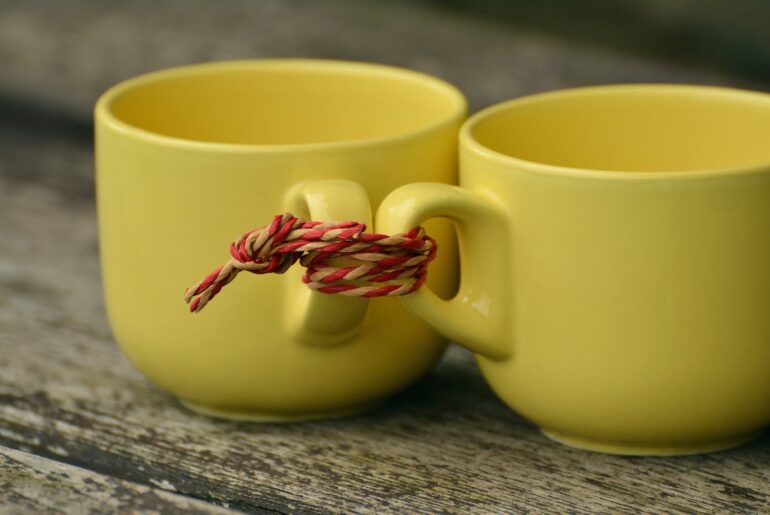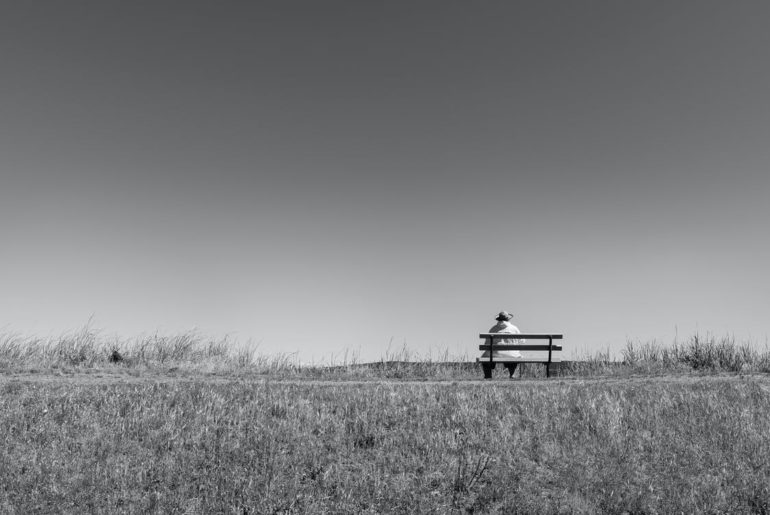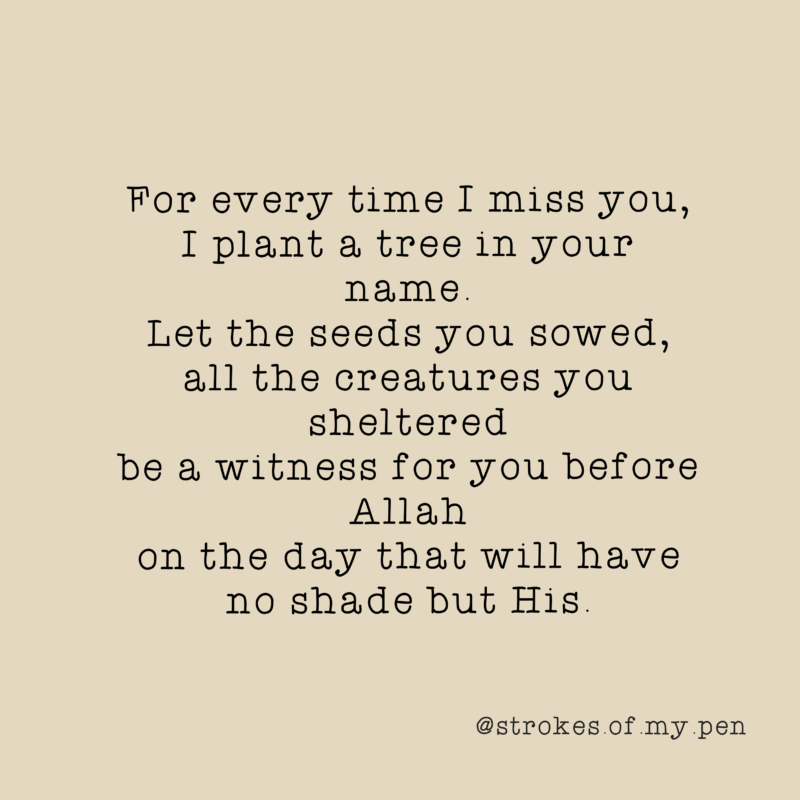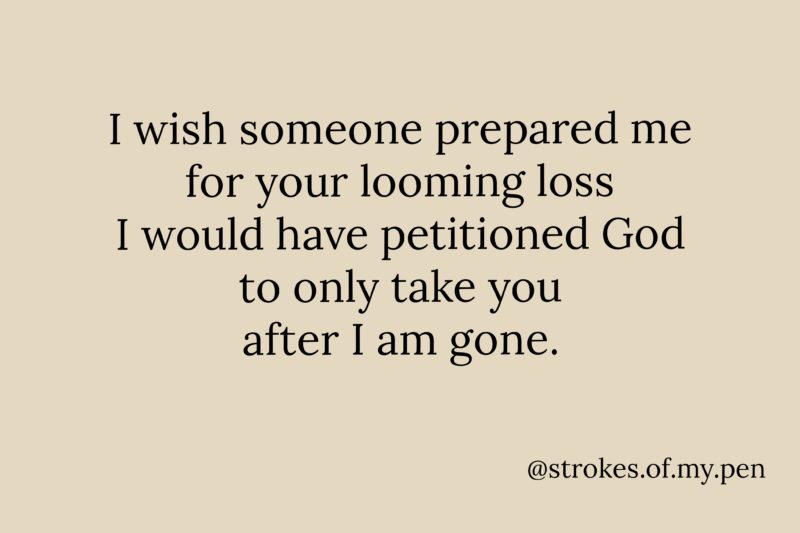To read the first part, click here
Considerations For Marriage
Before we start on what things to consider, here are essential things first:
*Know what you’re looking for.
*Be moderate on the things you’re seeking in a spouse i.e. Be flexible; don’t be too rigid, too specific or have too high expectations. All human beings are flawed in some way, if you aren’t flexible or are seeking perfection, you might struggle for too long to find what you’re looking for, or never find it. Please note that I am not saying you should lower your standards but be realistic in your expectations.
For example, you say you want a husband between the age of 30-35 years but he must be making five or six figures income. I mean, yeah we do have some who do make six figures in that age group but how many?! True, you might actually be lucky and find one, but realistically, is that possible? Are you in an environment that has such individuals? Are you coming from an extremely wealthy family that has connections with other extremely wealthy families that can give you a network to find such an individual? Are you in any way exposed to such individuals? How much do you earn yourself? What are you bringing to the table that would interest such a man/woman to marry you?
Know your worth yes. Have standards yes. Don’t put yourself down yes yes yes! But be realistic, be smart, please.
*Be very aware of the assumption of ‘He/she will change.’ People only change when they are aware and want and put in 100% effort to change. So when considering any individual, see them for who they are NOW, not what they potentially could be in the future if they change. This can easily be one of the most painful ways to harm yourself. The only way this could work is if you find a person already in the process of working on themselves and changing their bad behaviours through taking concrete steps like going for therapy, or rehabilitation (in case of addiction) or having a concrete plan to cut down on their habits (and following that plan!), or acquiring skills that will help with the improvement of the self, not just fake promises and empty words.
* Marry someone who understands your situation. For example, you’re a revert and have no family that is still in touch with you. You’d want someone to understand your situation and not take advantage of you. Or you come from an abusive family and have strained relationships with the members. Some people don’t understand these situations and still expect you to just tolerate the abuse. Or a widow/divorcee with children from a previous marriage-she’d need a man who understands that these children will become his responsibility after marriage.
Another example, an Israeli sister reverts to Islam and wants to get married to a Palestinian whose family is in Gaza. There’s quite a conflict of interest here because each has their family in the warring places, so how will this work? Will the wife understand if the husband refuses to go visit his Israeli in-laws? Will she understand if the husband’s family do not accept her? Will she understand when her husband tells the children about the Palestinian occupation in his own view of things? I mean, some people do take these risks and do get married. But it is important to be prepared for the challenges that come after that.
*Be careful not to let anyone abuse you or take advantage of you. For example, someone wants to marry you in order to acquire citizenship or a green card or a prestigious job in your father’s company etc. Or a man wants to marry a wealthy widow to take advantage of her wealth, or a man wants to marry a revert without paying mahr or giving her very minimal amounts due to her lack of knowledge on her mahr rights. This just shows that someone has no respect for you and your emotions; they’re simply using you.
*Don’t give up hope on what you’re looking for. Marriage is a matter of fate and Allah knows which is the best time for you. Have patience, do your due diligence by searching and make lots of dua that Allah grants you what you want and what is kheyr for you. In your dua, mention the qualities and characteristics you’re looking for. Don’t be shy and don’t limit yourself in what you ask for, for it is only with Allah that there are absolutely no limits in asking.
So what are the things you should consider for marriage?
Please note that the whole purpose of this segment is to give you a guide on how to go about the process of choosing a spouse, not rules to be followed strictly. Life is not simply black and white and fate is very very mysterious. So many very unlikely individuals have had very successful marriages and so many who seemed well put together ended up divorced. There is no 100% guaranteed formula for a successful marriage because at the end of the day, as much as we make the choices, fate could have very different plans for us. Many things differ from era to era, case to case, individual to individual, culture to culture and context to context so please read the following with an open mind.
1. Love
So in the first part of this series, we mentioned how we shouldn’t overestimate the importance of love ALONE in a marriage. As much as that is very true, we can never deny how essential it is for the growth and nurturing of that marriage.
Ibn Abbas reported: The Messenger of Allah, peace and blessings be upon him, said, “We do not see for those who love one another anything like marriage.”[Sunan ibn Majah 1847]
This hadith acknowledges that two individuals can in fact have feelings of admiration and affection before marriage, and the best thing for them is to get married so as to safeguard their chastity and complete half their deen. When love is pure and for the sake of Allah then it is one of the most beautiful things.
We further understand the importance of love in marriage when Allah Subhanahu Wataala said in Suratul Rum, verse 21: “And among His Signs is this, that He created for you mates from among yourselves, that ye may dwell in tranquillity with them, and He has put love and mercy between your (hearts): verily in that are Signs for those who reflect.”
I remember watching this very insightful clip by Sheikh Nouman Ali Khan where he explains this ayah and he said, “Allah mentioned one thing about marriage that is on top, number one. Everything else is later. He said he made you into spouses for the purpose that you could find peace (tranquility). Sometimes you could love someone without respecting them. You can love someone without being honest with them. You can love someone without caring for them properly. You can love someone but hate their family. And all of these things, you know what they do? They take away the peace. So even if love is there, peace is not. And when peace is not there, the purpose of marriage is gone. The purpose is not love; this comes from Allah (As stated in the ayah above). The purpose is not care (or mercy) that comes from Allah too. Your purpose is to find peace.” (Watch it here)
So the question then becomes, what gives you peace? Is it being respected? Is it being valued? Is it being understood? Is it being prioritized? All the above? Whatever it is, that is what you should be looking for.
I absolutely love poetry so here’s one of my favourite pieces by Andrea Gibson:
“Lately I’ve been thinking about who I want to love, and how I want to love, and why I want to love the way I want to love, and what I need to learn to love that way, and how I need to become, to become the kind of love I want to be. And when I break it all down, when I whittle it into a single breath, it essentially comes out like this: before I die, I want to be somebody’s favourite hiding place, the place they can put everything they need to survive, every secret, every solitude, every nervous prayer, and be absolutely certain that I will keep it safe. I will keep it safe.”
This isn’t plain old love, this is about being someone’s love and some more; bringing them peace and being their home-their safest haven. Being a source of warmth, calm and support for them 🙂
Again, hopeless romantics, this is in no way an undermining of the importance of love in marriage. If you love someone, do marry them, for marriage without love is tasteless. But please do consider the other important things to you too. The hope and prayer is that we get to experience the love, the peace and the mercy all at once, ameen!
2. Deen
The Prophet (ﷺ) said, “A woman is married for four things: for her wealth, for her lineage, for her beauty or for her piety. Select the pious, may you be blessed!”. (Riyad as-Salihin 364)
And in another hadith, the prophet peace be upon him said, “When someone with whose religion and character you are satisfied asks your daughter in marriage, accede to his request. If you do not do so there will be temptation in the earth and extensive corruption.” (Mishkat al-Masabih 3090)
It is without a doubt that religion is the most important thing to consider in a future spouse. The question to ask oneself is, ‘when I say I want someone religious, what exactly do I mean?’ Religion has levels to it. Someone could say I want a man who is Muslim and fulfils the obligations i.e. prayers, saum, zakat, hajj..khalas. That is enough for me.
Someone else could say I want a man who not only fulfils the obligations but observes the sunnah as well and avoids innovations and major sins i.e. fasting Monday and Thursdays, gives charity regularly, prays qiyam, does not listen to music, follows Qur’an and Sunnah.
Someone else could say I want a man who has studied the Islamic shariah or is an imam or is a hafidh…
You get the gist? Religiosity has levels to it and it is very important for you to know exactly what you’re looking for. Here’s why:
People are on different journeys towards Allah and to some extent, we expect our partners to join us in those journeys and help us grow. However, we also have to be realistic about it. Some individuals are willing to improve their deen and grow and some people are comfortable where they are. So what of those unwilling to become better in their deen? They never said they want to change, why are you giving yourself that task then? People ultimately change because they want to, not because someone else wants to. Advice is golden, sure, people do influence each other to become better, sure. But marrying someone and you’re not pleased with where they are at with their religiosity then trying to force it down their throat thereafter is very frustrating for both parties.
For example, an imam marries a non-hijabi woman. If the woman herself has continuously (and not just for the sake of marriage) shown interest in improving her Islam then that is a different case. He most probably will be a positive influence on her. But imagine him marrying her and then forcing her to wear the hijab. In his opinion, this is his responsibility, this is his wife…that is all true. But you also knew the woman you intended to marry wasn’t wearing hijab, why accept her if you were not pleased with how she is, in the first place?
Or in the case of a pious woman marrying a man who only prays during Ramadhan and he doesn’t even see a problem with that. It then becomes a torment for the woman, trying to push him every single day to pray.
In short, marry someone who doesn’t have a huge gap with your level of religiosity or marry someone who has a higher level than you if you intend to acquire their assistance in your journey to Allah. This does not in any way mean you should undermine anyone. Our imaan is always going up and down and perhaps someday, the person you once looked down upon could one day be closer to Allah than you. However, to avoid problems and unrealistic expectations between the couple, it is advisable that we seek people who are at least close to us or slightly higher than us. This also includes considerations of their sect, aqeedah and avoidance of innovation and major sins.
3. Character
Religiosity without good character traits is not enough. This is because our religion highly promotes good character and thus our prophet peace be upon him was sent to us as a role model and a guide so as to direct us on how to be noble human beings.
This is important to look out for because sometimes seemingly religious people might have such bad behaviours and even abusive habits. So even if you’re pleased with someone’s piety, check out their character too.
Some of the good character traits and qualities to be observed in a person are:
*Generosity and kindness (not just in money but everything i.e. generous in your smile, generous in your giving, generous in your assistance to others by using your time or energy etc)
*Patience
*Wisdom and Maturity
*Faithfulness
*Etiquette in talking, eating and how you act around others
*Smiling face
*Modesty (both men and women)
*Beauty
*Compassion/Loving nature
*Fertile women (The prophet peace be upon him said, ‘Marry the one who is fertile and loving, for I will boast of your great numbers.’ (Sunan an-Nasa’i 3227). Ibn Qudaamah said in al-Mughni: It is mustahabb that she be from a family whose women are known to bear many children. This comes as a high suggestion from the prophet peace be upon him, nonetheless, it doesn’t mean that infertile women shouldn’t be married. Just as it is permissible for a woman to marry an infertile man, it is also permissible for a man to marry an infertile woman.
*Virginity for both man and woman (This does not mean the widows and divorcees are not valued, but rather, this is mentioned because the first experiences cause a strong emotional connection between the couple. Nonetheless, the prophet peace be upon him also advised the marriage of divorcees and widows in other contexts. So this differs according to the context).
4. Suitability and Compatibility
“When someone with whose religion and character you are satisfied asks your daughter in marriage, accede to his request. If you do not do so there will be temptation in the earth and extensive corruption.”
In the explanation of the hadith above, shaykh Waleed Al Basyouni mentioned that when the prophet said ‘someone whose religion and character you are satisfied with’, the word ‘satisfied’ means that you as a father/walii finds this individual as a suitable match for your daughter. Suitable not just in terms of their religiosity or character but also in terms of other matters. This means that sometimes a good, pious man could want your daughter for marriage but may not be suitable for her in one aspect or another.
Lineage and status: Many people consider family lineage and status in order to avoid incompatibility between individuals, however, we do have several cases during the prophet’s time where women of very high status were wedded to ex-slaves or sons of ex-slaves. For example, it has been reported that the Prophet (peace be upon him) married Fatimah bint Qays who was a Qurashy to his freed slave Usamah ibn Zayd (may Allah be pleased with them). The prophet also asked Banu Bayadah to marry off one of his daughters to Abu Hind who was a cupper. There are so many such incidents that happened during the prophet’s time. This is based on the general meaning of Allah’s Saying: “Verily, the most honourable of you with Allâh is that (believer) who has At-Taqwâ [i.e. he is one of the Muttaqûn (the pious)].”
Read the response below to a question on marrying above one’s social level from the website islamqa.info.
“Social level may refer to lineage, wealth, education, profession or job, or it may mean all of them. If a man’s religious commitment and character are pleasing, then he is compatible with the woman, no matter what her social level, according to the more correct view. This is the basic principle and the ruling of sharee’ah. But it remains to examine the situation of each suitor and whether he is suitable to marry one whose social level is above him, or not.
It seems – and Allaah knows best – that if the difference is great in terms of lineage, wealth, education and profession, that it is not advisable to go ahead with this marriage, because there are usually problems from the woman or her family. There may be differences in lifestyle and the ways in which they do things, which may put the spouses off one another.
But if the difference is small, or it has to do with one area but can be made up for in another area, then there is nothing wrong with it in that case, such as if the husband is poor but he is highly qualified, or he is qualified for a decent job, or some of his family are of high standing and so on.
Then there are cases in which the woman and her family are so righteous that they are above looking at material concerns and measuring people thereby, and they may want to choose a husband who is poor because of his righteousness and so on. But it is better if the husband is the one who is of a higher status.
Whatever the case, the precise advice in each case depends on complete knowledge of both parties and their families. Perhaps you can seek advice from someone whom you trust in your community.“
Personality: There is also the aspect of compatibility in personality. Perhaps a woman is very social and likes spending time outdoors i.e. an extrovert, while the husband is more of an indoor individual. Not that a marriage of these individuals will not work, for we have many of such contrasting personalities and they have succeeded in their marriages. The thing here is, it is important to know of these things before the marriage so that you can think of whether this works for you. For example, the extroverted wife would want to often times go visit her family and go for outings and events, and maybe the introverted husband would not be comfortable living with such a woman. It is thus important for the two to discuss how they can manoeuvre their different personalities and meet halfway so as to avoid frustrations in the marriage. Sometimes individuals decide to break off their deal based on the same.
Another example is, you might dislike very talkative and loud individuals, while someone else might find the very quiet ones to be too boring. Someone else might like individuals who are humorous and crack many jokes, while someone else might consider such individuals to be too unserious with life. Someone might like individuals who are ambitious and passionate about their careers while someone else might feel these individuals are just workaholics and have no life apart from their work. So as they say, one man’s poison is another man’s meat. What might work for you, might not work for another. So it is important for the two individuals to regard whether their personalities are suitable for each other, and if not, whether they’re still willing to go ahead with the marriage and what strategies will they have in place to balance their life.
Lifestyle: Considerations of one’s lifestyle should also be considered. For example, think of a man who is a social media influencer and he highlights his life online. Perhaps he might expect his wife to become part of this lifestyle and maybe attend events with him. Maybe he also travels a lot and stays away from home many times. Yet perhaps the woman values her privacy greatly and would not like to be subjected to fame. And perhaps she wouldn’t want her husband to be far away from her most of the time. A marriage between the two could lead to problems if boundaries are not set from the very beginning and strategies are not kept on how to balance their life.
Think of a very educated woman who has built her career throughout her adult years. Then a man marries her then asks her to stay at home and refuses for her to do any sort of work. Some women are actually okay with being housewives and dedicating their lives to nurturing their homes and children but some are not. As controversial as this topic gets, the bottom line is this: If what a woman is doing with her life is not appealing to you, kindly find someone else who will be what you need. You need a housewife? Find a woman who is ready to be one. You want a career woman who is empowered financially? Find one who is already that or is willing to take up a career. Don’t wait until after marriage to force anyone to live a life they didn’t sign up for.
Interests and Hobbies: When it comes to interests and hobbies, it is often better when potential spouses have similar interests and hobbies. These will give them an opportunity to bond further and get to spend their free time together. For example, individuals who both read could discuss their favourite books and give each other suggestions. Individuals who both love fitness could go for walks together or do fitness programs together. For individuals who both enjoy travelling, they can save money and time to travel together. For individuals who love nature, they could start their own small garden at their home or something like that. No two people will ever be 100% similar but having some similarities in interests can be advantageous in a marriage.
Education: If a woman who loves to seek knowledge is married to a man who dropped out of school because of a lack of interest in studies, then some problems might arise in their marriage. For example, the man might not see the need for his wife to keep studying and spending money on different courses. He might consider this a waste of time and money and might lead to constant complaints and fights on the same issue.
As such, it is advisable that individuals marry those who are almost similar in their education levels. The shaykh gave an example of a woman who had two degrees from Harvard University and was married to a young pious man who had only studied the deen and was an imam but he had no secular education at all. The shaykh explained that he knew both individuals and they were both pious and of very good character. Yet their marriage faced many challenges because each one of them had a very different way of looking at matters. This in no way means that one of them is better than the other. They both were good people, they just weren’t compatible.
Again, there are many couples who have healthy, loving relationships while having very different personalities, interests and even education levels. This should not discourage you to consider someone. Just be aware of those differences beforehand, think carefully about whether that works for you or not and how you can each healthily cope and adjust to your differences.
Please also note that having similar lifestyles, interests and personalities does not mean there will be no challenges at all. Even siblings born under the same roof and with the same parents have different ways of doing things. So what about someone from a different family, background and sometimes even different culture? As such, do know that there will still be adjustments and compromises to be made throughout the marriage.
*
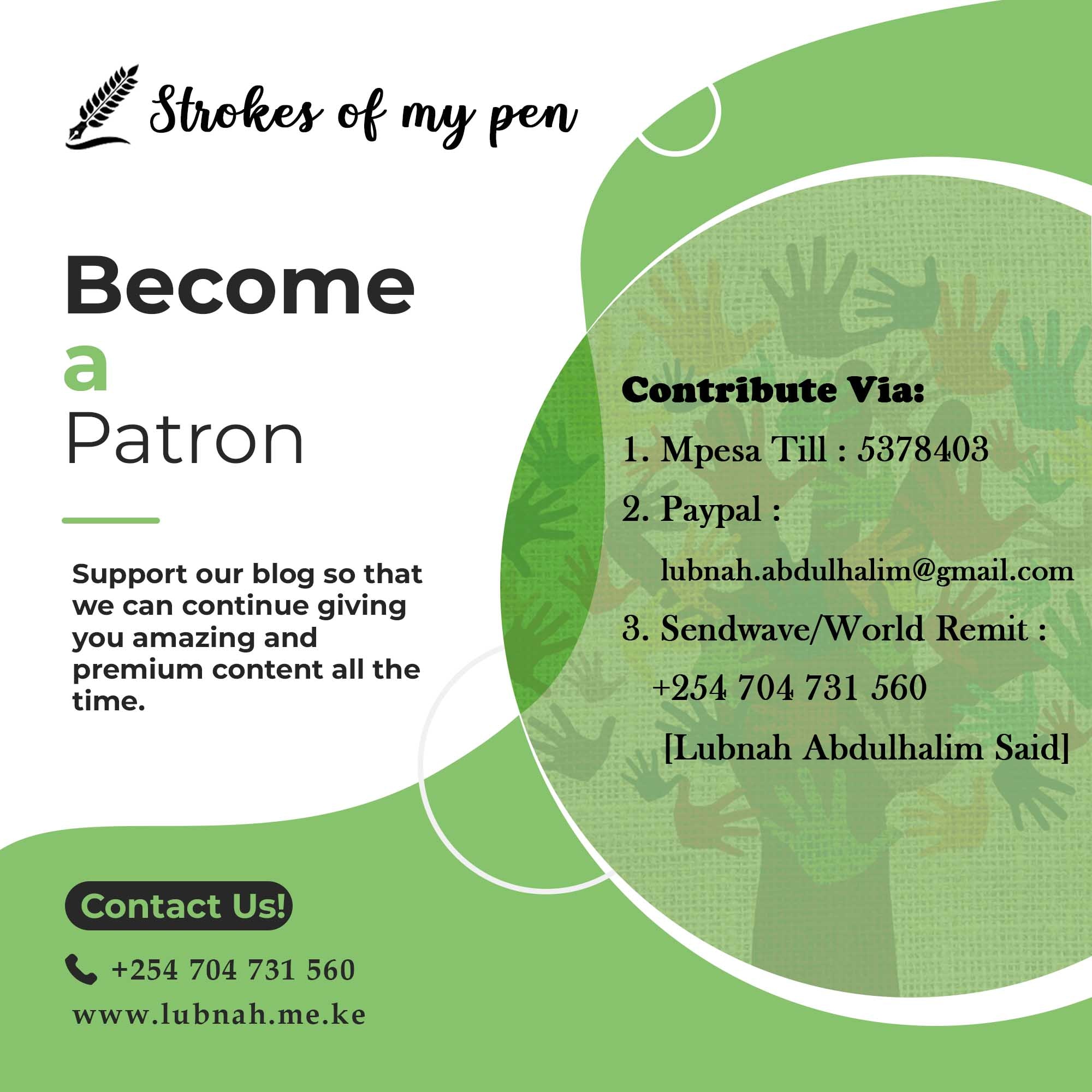
Sources:
‘Fiqh of Love’ Course from Al Maghrib Institute.
Islamqa.com
*
Stay tuned for part 3 as we delve deeper into other considerations for marriage. Thank you for reading, and please subscribe below! 🙂



